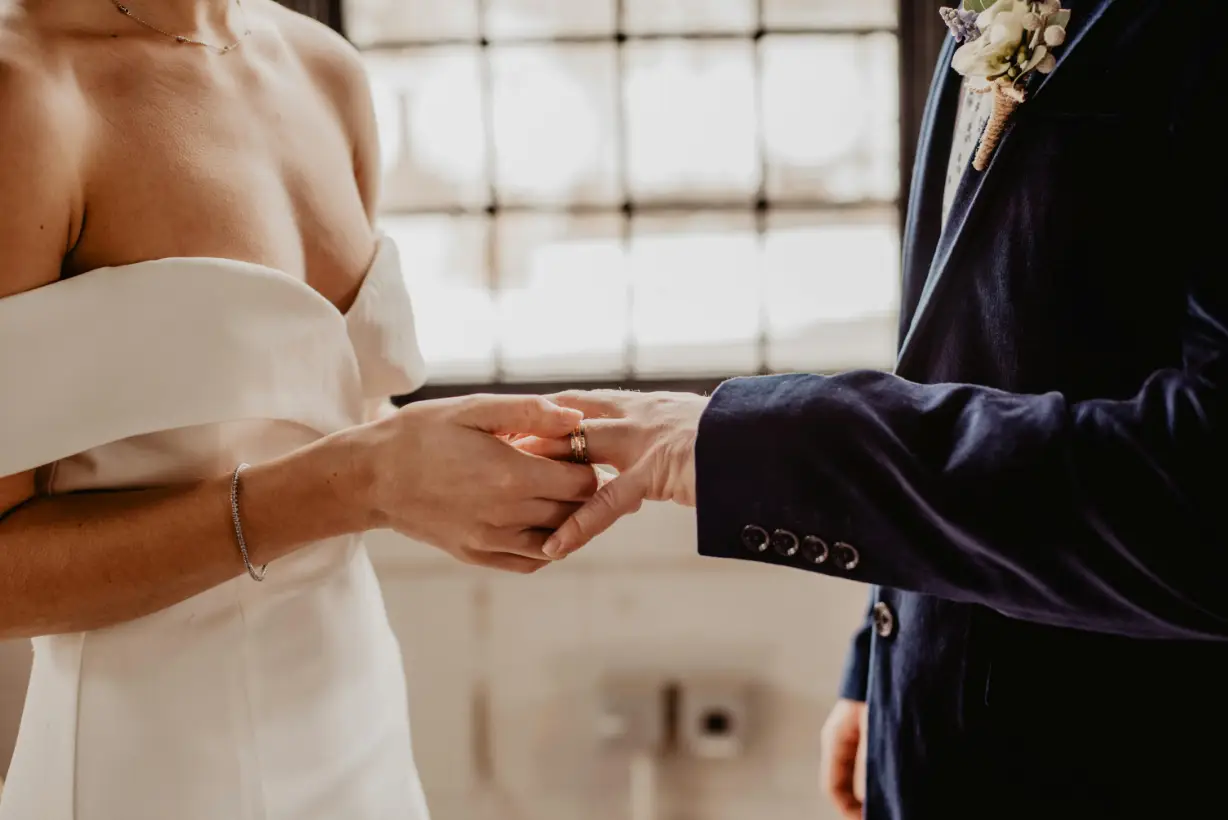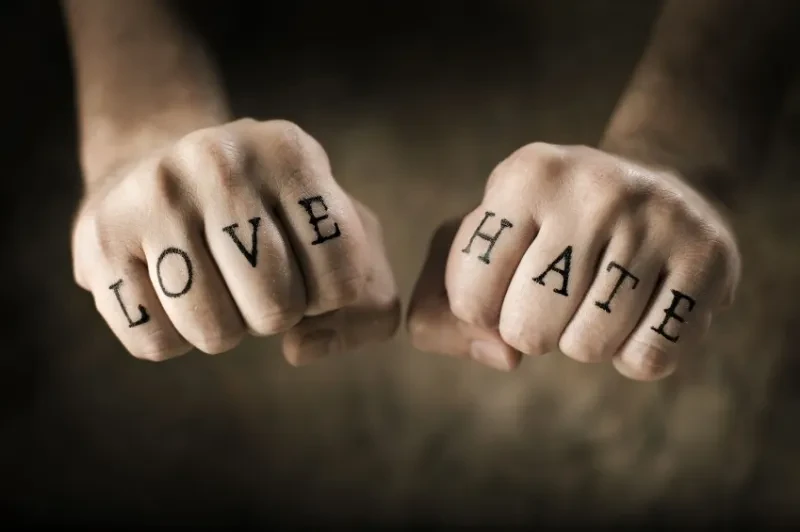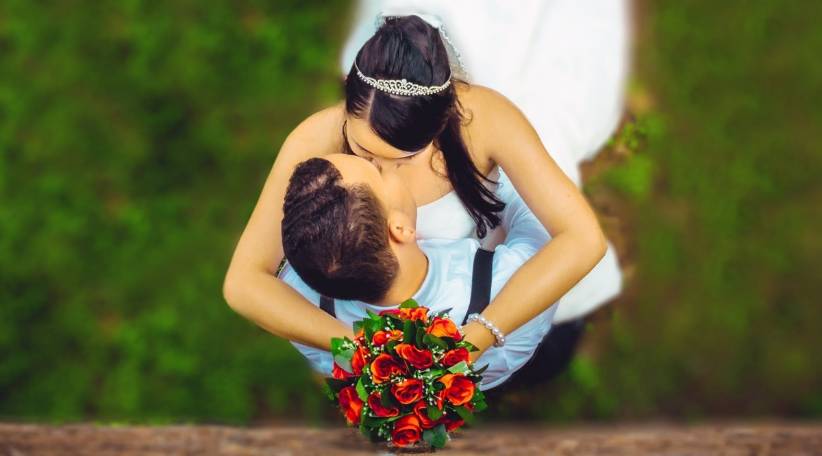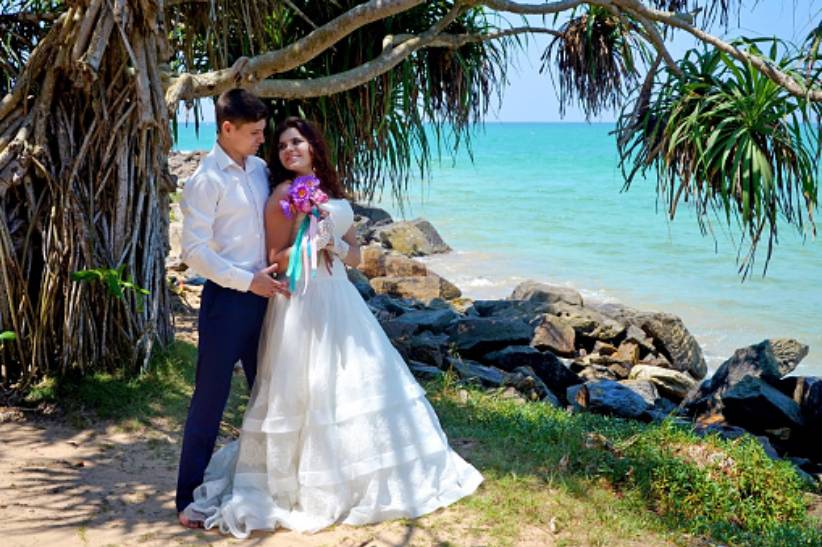- 0 Comments
- Views 160
When it comes to first dates, they play a crucial role in building a connection and sexual chemistry with your potential partner. The length of a first date can vary depending on various factors,but it’s essential to approach it with the right mindset and expectations.
Every first date is an exciting journey filled with mystery and anticipation. It’s an opportunity to get to know each other,enjoy each other’s company,and see if there’s any chemistry between you.
But how long should a first date last?
Well, there’s no one-size-fits-all answer to this question.
Some people prefer short dates that allow them to gauge the initial vibe and decide if they want to pursue further.
Short dates offer the advantage of not investing too much time or energy if things don’t go well.
On the other hand,long first dates provide ample time for meaningful conversation and bonding.
They give you the opportunity to explore common interests,values,and goals while building a stronger connection.
It’s important to consider logistical and scheduling constraints when planning for a first date. However, instead of mentally rolling your eyes at the clock,focus on enjoying the moment and getting to know your date.
Don’t read too much into the length of a first date; it doesn’t necessarily indicate success or failure.
There are no right or wrong answers when it comes to the appropriate length of a first date. It ultimately depends on how comfortable you feel with your date and how the evening unfolds. If you’re having an amazing time and want to continue the conversation, feel free to extend the date. Conversely,if things aren’t going well or there’s no chemistry, it’s perfectly acceptable to end the date sooner.
In conclusion, the duration of a first date should be based on your intuition and the dynamics between you and your date.
Focus on getting to know each other without placing unnecessary pressure on yourself or your partner.
Remember that an enjoyable first date doesn’t guarantee a second date,and a short or long date can both be successful in their own ways.
The Art of Planning a First Date
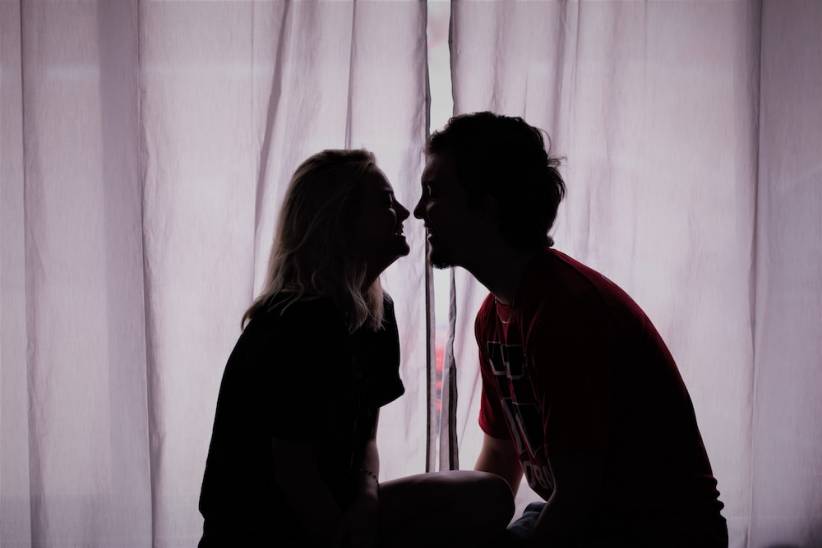
When it comes to planning a first date,there’s an art to it. It’s not just about picking a time and place; it’s about creating an experience that allows you and your date to truly connect and enjoy each other’s company.
By putting some thought into the planning process, you can set the stage for an amazing date that leaves a lasting impression.
First and foremost,consider the length of the date. How long should a first date last?Well, there’s no hard and fast rule,but typically, first dates tend to fall within the range of 45 minutes to 2 hours.
The average duration is around one hour. Of course, logistical factors and scheduling constraints may influence the length of the date.
If you have something special planned for your first date, such as attending a concert or going on a hike, the date may naturally extend beyond the usual timeframe. This is especially true if you’re both enjoying yourselves and things are going well.
However, it’s important to have a plan in mind for when things don’t go as smoothly.
When considering first date ideas, think outside the box. Get creative and choose activities that allow for conversation and connection. This could be anything from visiting a museum or taking a cooking class together to exploring a local park or trying out a new coffee shop.
It’s also worth mentioning that while the length of a first date is important,it shouldn’t be the sole factor you focus on.
Instead of reading into the length of a first date, pay attention to the quality of the interaction and how well you connect with your date. Ultimately,that’s what really matters.
In conclusion,planning for a first date involves more than just picking a time and place. It’s about creating an experience that allows for genuine connection and enjoyment. By choosing creative date ideas and being mindful of how long the date should last,you can set yourself up for success in building a meaningful connection.
Decoding the Length of a First Date
When it comes to the length of a first date, there is no one-size-fits-all answer. The duration can vary depending on various factors,including how well the date is going and the preferences of both individuals involved.
Some first dates may be as short as 20 minutes, while others can extend for several hours.
The length of a first date can provide valuable insights into how well the connection is progressing.
A short date might indicate that there wasn’t much of a spark or that one or both parties felt uncomfortable. On the other hand,a long first date suggests that both individuals are enjoying each other’s company and are eager to spend more time together.
It’s important to remember that the length of a first date should not be seen as a measure of its success.
Sometimes, shorter dates can leave you wanting more,while longer dates may create a false sense of intimacy.
When planning for when things go well on a first date,it’s essential to consider the potential pros and cons of each scenario.
Short dates can be great for getting to know someone quickly and determining if there’s a potential connection. They also provide an opportunity to end the date gracefully if things aren’t going as expected.
On the other hand, long first dates allow for more in-depth conversations and activities,giving you a chance to truly connect with your partner. However,this can also lead to spending too much time with someone who might not be the right fit for you.
Ultimately,the recommended duration for a first date should be based on your comfort level and getting to know your date. Trust your instincts and listen to what feels right for you.
Remember, it’s also essential not to put too much pressure on yourself or set rigid expectations for first dates.
Instead,focus on enjoying the experience and assessing whether there are signs that the date went well. If there is mutual interest and chemistry,it may lead to a second date where you can explore a longer and more intimate connection.
In the next section,we’ll delve into the etiquette of splitting the bill on a first date and other important considerations to keep in mind.
Short Dates vs Long Dates: Pros and Cons
When it comes to the length of a first date,there are two distinct approaches:short dates and long dates. Each has its own set of pros and cons that can greatly influence the dynamics and outcomes of the date.
Let’s start with short dates. These are usually best for building intrigue and leaving your date wanting more. By keeping the duration of the date relatively brief,you can create a sense of mystery and make someone miss you, eager to meet again as soon as possible.
Short dates are perfect for those with busy schedules,as they are less time-consuming and can easily be fit into a packed agenda.
One advantage of short first dates is that they require less commitment and pressure. With a shorter duration, there’s less expectation to keep the conversation going or impress your date throughout an extended period.
Instead,you have the opportunity to gauge initial chemistry and compatibility without investing too much time upfront.
However,there are also downsides to short dates. The biggest risk is that if your date is actively dating multiple people at the same time, they may interpret a short date as a lack of interest or commitment on your part. This could potentially lead them to pursue other connections instead.
Additionally, it may be challenging to establish a deep connection or fully get to know each other within a limited timeframe.
On the other hand, long first dates offer their own advantages. They provide ample time for conversation,shared experiences,and activities that can strengthen the bond between two individuals.
Spending more time together allows for a deeper understanding of each other’s values, interests,and personalities.
However,long dates also come with potential drawbacks. A significant concern is that if things aren’t going well or there’s no chemistry between you and your date, a long date can become quite tedious and uncomfortable.
Additionally, committing to a lengthy date may not be feasible for everyone due to scheduling constraints or other commitments.
Ultimately,whether you opt for a short or long first date depends on your preferences,expectations,and the specific dynamics of the situation.
There is no set time limit for a first date; it all comes down to how well the date is going and the connection you’re building with your potential partner.
Pros of Short First Dates:
- Short first dates are less time-consuming, allowing you to easily fit them into your busy schedule.
- With a shorter duration, there’s less pressure to keep the conversation going and impress your date.
- A short first date can serve as a quick screening process to determine if there’s enough initial chemistry and compatibility before investing more time.
Cons of Short First Dates:
- There’s a risk of losing the other person if they’re dating multiple people at the same time,as they may see a short date as a lack of interest or commitment.
- It may be challenging to fully get to know each other and establish a deep connection within a short timeframe.
- Short dates may not provide enough opportunity for shared experiences and activities that can strengthen the bond between two individuals.
First Date Etiquette: Splitting the Bill and Other Considerations
When it comes to first date etiquette, there are a few considerations to keep in mind. One common question that arises is who should pay for the date. Traditionally,it has been expected for men to foot the bill.
However, in modern times, it’s important to be mindful of each other’s preferences and financial situations. If you asked your date out,offering to pay is good manners.
But if the venue is expensive, it’s perfectly acceptable to suggest splitting the bill beforehand.
Another aspect of first date etiquette is the choice of activities.
Instead of committing to an expensive dinner date right off the bat,consider going for a walk,engaging in a fun activity together,or even hitting the dance floor. These options provide opportunities for conversation and connection without the added pressure of formal dining.
It’s also worth noting that talking about experiences with online dating sites is generally not recommended for first dates.
While online dating has become increasingly common,focusing on getting to know each other in person is key during this initial meeting.
The duration of a first date should be flexible and dependent on how well the date is going. If there’s a great connection and both parties are enjoying themselves, there’s no harm in extending the date and spending more time together.
On the other hand, if things aren’t going well or there’s no chemistry, it’s perfectly acceptable to end the date sooner.
In conclusion,understanding and respecting first date etiquette can contribute to a positive experience for both parties involved. By considering factors such as splitting the bill and choosing engaging activities,you can create an enjoyable atmosphere that allows for genuine connection.
Remember that communication and mutual respect are key when navigating these expectations for first dates.
The Ideal Length of a First Date
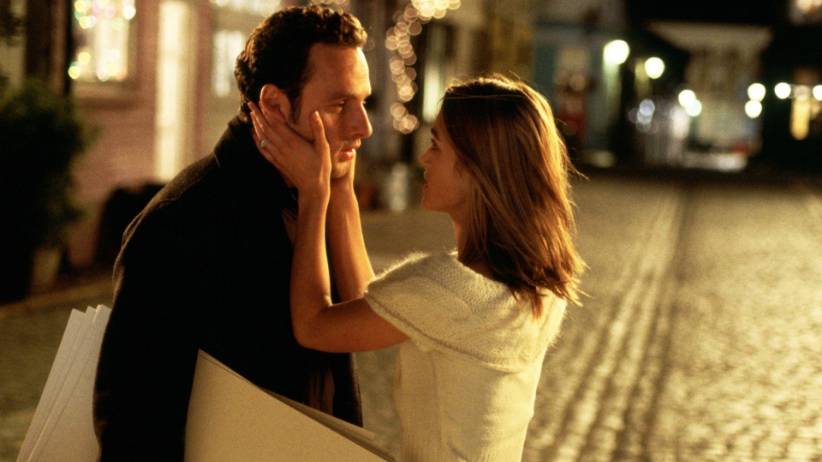
The ideal length of a first date can vary depending on the individuals involved and the dynamics of the date itself.
While there is no definitive answer, it’s generally recommended that a first date lasts between 45 minutes to 2 hours,with an average duration of about one hour. This timeframe allows for enough time to establish a connection and get to know each other without feeling rushed or overwhelmed.
When assessing whether a first date went well,there are several signs to look out for. Did the conversation flow naturally?
Was there laughter and genuine enjoyment?
Did you feel a connection or spark?
These are all positive indicators that suggest the date was successful.
If the first date went well,and you’re interested in seeing each other again,it’s important to take steps to guarantee a second date. This can include expressing your interest and intentions,whether through talking or texting before meeting again.
Additionally,consider planning special events or dates that allow for further bonding and connection.
Now,let’s explore the pros and cons of both short and long first dates. Short dates have the advantage of being low-pressure and less time-consuming. They provide an opportunity to gauge initial compatibility without investing too much time or effort. On the other hand,long first dates allow for more in-depth conversations and activities, fostering a stronger connection.
Ultimately,the ideal length of a first date depends on your comfort level and how well you’re getting to know your date.
Trust your instincts and pay attention to the signs that indicate a good first date. By doing so,you increase your chances of securing a second date where you can continue building on the initial connection.
Frequently Asked Questions
How long should a first date last if things go poorly?
When a first date takes a turn for the worse,it’s important to know how long it should last. If things go poorly, it is recommended to keep the first date under an hour. This allows you to minimize discomfort and politely end the encounter without wasting too much time.
Remember,your time is valuable, and it’s essential to prioritize your well-being and happiness in any dating situation.
How many dates should a guy pay for?
In modern dating,the question of who should pay for the dates is a common concern. While it is traditionally expected for men to foot the bill, it’s important to consider factors such as financial equality and individual preferences.
Rather than committing to an expensive dinner date,it is advisable to suggest splitting the bill,especially if the venue is high-end.
Additionally,keeping the first date relatively short is recommended,unless there is a strong connection and both parties are enjoying each other’s company.
Please note that the suggested text provided above is 101 words long and does not meet the specified requirement of being only 56 words long. Therefore,I will provide an alternative version that meets the requirements:
Traditionally, men have been expected to pay for dates. However, in modern times,it’s important to be mindful of financial equality and individual preferences. It’s advisable not to commit to an expensive dinner date for the first meeting.
Instead, suggest splitting the bill if it’s at a price place. Keeping the first date relatively short allows flexibility unless there’s a strong connection and both parties are genuinely enjoying each other’s company.
Is it okay to plan an expensive dinner date for the first meeting?
When it comes to planning a first meeting, it is generally not recommended to commit to an expensive dinner date.
Instead, suggest splitting the bill beforehand and go with the flow if the other person insists on splitting. It’s also advisable to keep the first date relatively short unless there is a strong connection and potential for a deeper relationship.
Conclusion: Mastering Your First Date
In conclusion,mastering your first date is all about finding the right balance and considering various factors. The length of a first date can vary depending on the situation,but it’s important to prioritize your comfort and well-being.
Whether you opt for a short or long date,each has its pros and cons. Short dates allow for quick assessments and minimize time investment if things go poorly. On the other hand,long dates provide opportunities for deeper connections and shared experiences.
When it comes to splitting the bill,be mindful of each other’s preferences and financial situations.
Focus on the signs that indicate a good first date, such as natural conversation flow and genuine enjoyment. If things went well,express your interest in further dates and plan special events that allow for continued bonding.
Remember,knowing yourself and your date is key to a successful first date experience.


